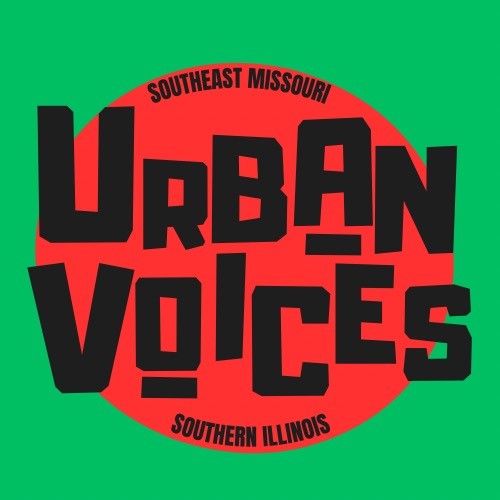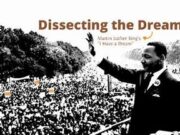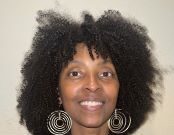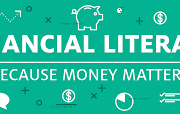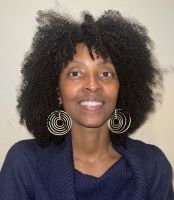February carries deep significance—it’s both Black History Month and the celebration of love is in the air. While we honor the contributions, resilience, and achievements of Black leaders, let’s also embrace a powerful form of love: financial literacy. True love extends beyond romance; it’s about securing a future for ourselves, our families, and our communities. Financial literacy is a form of self-care, empowerment, and legacy-building—one that our ancestors fought for and that we must continue to prioritize.
Many Americans face financial stress—living paycheck to paycheck, avoiding money conversations, and struggling with debt. These challenges don’t just impact individuals; they affect families and entire communities. The good news? We have the power to rewrite this story by changing our mindset and financial habits.
The Financial Struggle Is Real
Did you know that 54% of Americans live paycheck to paycheck, and nearly 40% can’t cover a $1,000 emergency without borrowing? For generations, urban and minorities communities have faced systemic financial barriers, from discriminatory lending practices to wage disparities. Historically, wealth-building opportunities—such as home and business ownership, and investments—were often denied to Black Americans. Yet, despite these challenges, our ancestors found ways to thrive through collective economics, entrepreneurship, and strong financial values.
Financial literacy is key to breaking this cycle. It’s not just about saving or investing—it’s about understanding how money works, building healthy financial habits, and shifting from a scarcity mindset to an abundance mindset.
Money Mindset: Changing How We See Money
Our relationship with money is shaped by our beliefs, experiences, and habits. If we see money as something hard to manage or obtain, we will always feel powerless. But when we shift our perspective and take control, we open the door to financial freedom.
Money is not evil—it’s a tool that, when used wisely, can create opportunities, provide security, and build generational wealth. To change our financial future, we must first become comfortable with money—earning it, saving it, and making it work for us.
A Simple Money Tip: Track Your Spending
The first step in improving your financial health is knowing where your money goes. For the next 30 days, write down every dollar you spend—groceries, dining out, beauty supplies, hair appointments, subscriptions, clothing, shoes, and online shopping. Whatever your spending habits are, you name…. track it. This simple exercise will reveal spending patterns and help you make better financial decisions. You may be surprised by how much goes toward things that don’t truly add value to your life.
A Solution: Build a Budget
Once you’ve tracked your spending, the next step is creating a budget. Many see a budget as restrictive—but it’s a tool for financial freedom. Think of it as a roadmap. Without one, you’re driving blind and could end up financially stranded.
Ever found yourself asking, “Where did all my money go this month?” That’s exactly why you need a budget. It provides insight into your spending, helps you prioritize needs, wants, and long-term goals, and keeps you in control—rather than letting money control you.
Exercise: The Love and Money Challenge
For the next 30 days, track every dollar you spend using a notebook, app, or spreadsheet. Then, set a budget and categorize your expenses using the 65/20/15 rule:
· 65% of your income covers essentials like rent, utilities, and groceries.
· 20% goes toward savings and debt repayment.
· 15% is for discretionary spending—things you enjoy, like dining out or entertainment.
For example, if you make $2,000 per month, your budget might look like this:
· $1,300 for essentials
· $400 for savings and debt repayment
· $300 for discretionary spending
Let’s make February a time of action—honoring Black history by reclaiming our financial power and securing our future. Our ancestors built legacies through resilience, resourcefulness, and collective wealth-building; despite the obstacles they faced. Now, it’s our responsibility to continue their work by embracing financial literacy and planting seeds for future generations.
Loving ourselves means building wealth, breaking cycles of poverty, and creating opportunities. When we master our money, we don’t just change our own lives—we uplift our families and entire community. This month let’s not just celebrate history—let’s make it.
Now, what will your love story with money look like this year ?
